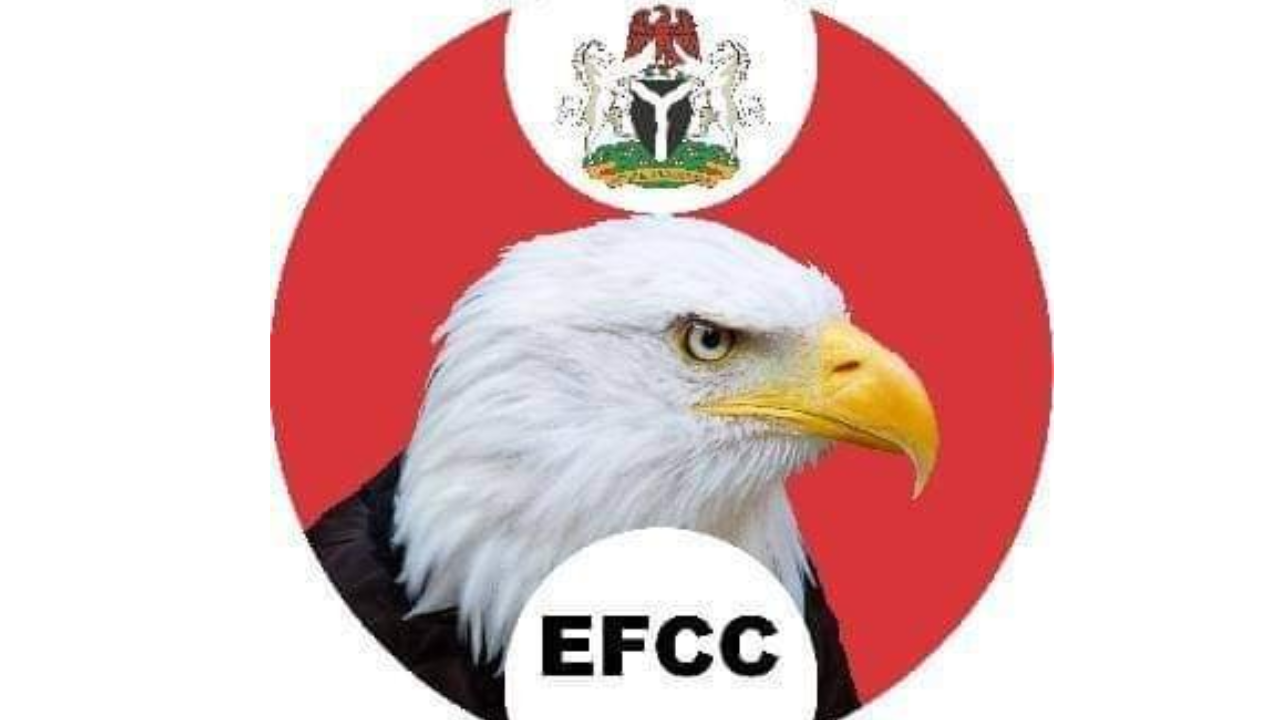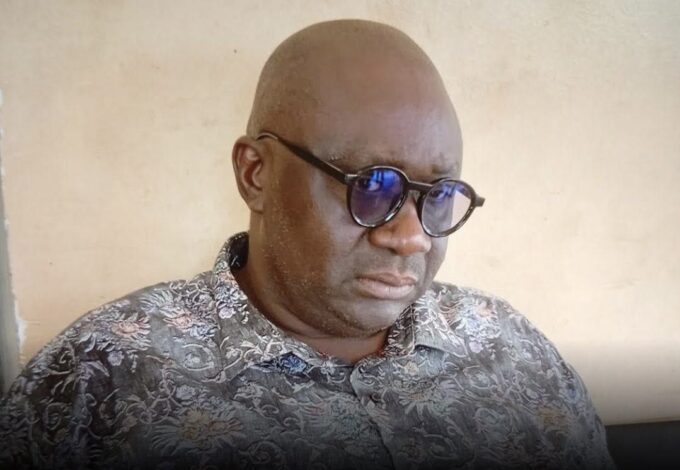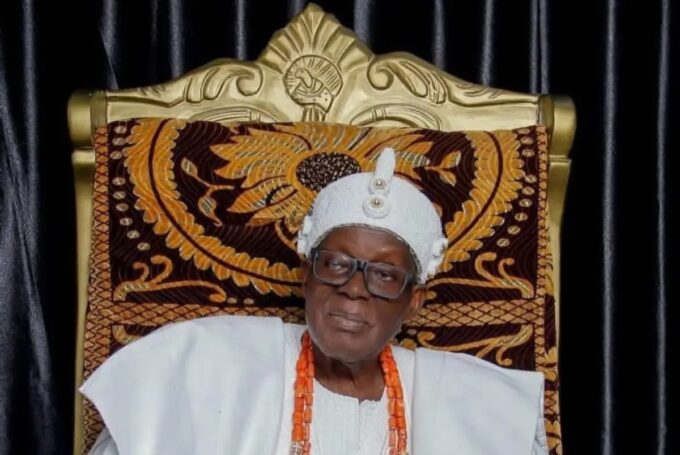News | Events | Digital PR | Advertising
Supreme Court Dismisses Challenge to EFCC Act, Affirms Commission’s Legality

Supreme Court Dismisses Suit Challenging Legality of EFCC Act
The Supreme Court has dismissed a suit filed by several state Attorneys General contesting the establishment of the Economic and Financial Crimes Commission (EFCC) Act.
The case, originally brought by the Attorneys General of 16 states, sought to have the EFCC, Nigeria’s anti-graft agency, scrapped. While some states withdrew from the suit, others requested to join as co-plaintiffs. The states involved included Ondo, Edo, Oyo, Ogun, Nassarawa, Kebbi, Katsina, Sokoto, Jigawa, Enugu, Benue, Anambra, Plateau, Cross-River, and Niger. During proceedings on October 22, Imo, Bauchi, and Osun states joined the suit, while Anambra, Ebonyi, and Adamawa states withdrew, resulting in the dismissal of their suits by the court.
Constitutionality of EFCC Act
The plaintiffs argued that the EFCC Act violated the Nigerian Constitution, claiming that any law inconsistent with the Constitution is invalid. They cited the Supreme Court ruling in Dr. Joseph Nwobike Vs Federal Republic of Nigeria, which they believed supported their stance. They argued that Section 12 of the 1999 Constitution mandates that a majority of state Houses of Assembly must approve any international convention before it can be enacted into Nigerian law. The states contended that the EFCC Act was passed without such approval, making it unconstitutional and rendering any institution formed under it illegal.
EFCC’s Defense
The EFCC defended its legality, with Director of Public Affairs Wilson Uwujaren stating that the commission was crucial for Nigeria’s fight against corruption. He emphasized that Nigeria could not survive without the EFCC, particularly given the nation’s widespread corruption issues. Uwujaren claimed that those challenging the EFCC’s existence were seeking to avoid accountability.
Support for EFCC’s Role
Human rights lawyer Femi Falana expressed support for the EFCC, stating that while the commission’s autonomy should be ensured, the EFCC and other anti-corruption agencies like the ICPC were vital for combating corruption. He criticized attempts to control these institutions under government influence and called for measures to ensure their independence.
Criticism of EFCC’s Constitutionality
Senior Advocate of Nigeria (SAN) Olisa Agbakoba also criticized the EFCC’s establishment, asserting that it was unconstitutional. Agbakoba wrote to the National Assembly, arguing that the EFCC’s powers exceeded those granted to the National Assembly, rendering the agency unlawful.
Despite these legal challenges, the Supreme Court’s ruling has affirmed the continued existence of the EFCC, reinforcing its role in Nigeria’s fight against economic and financial crimes.
Explore more
Nutella Maker Ferrero Group Buys Kellog Co for $3.1 Billion
Nutella maker Ferrero Group is buying cereal giant WK Kellogg Co in...
Outrage as UNIZIK Law Student Ajana Isabella Dies After Being Denied Access to Diabetes Medication
Tragedy has struck Nnamdi Azikiwe University, Awka, as a promising law student,...
Olubadan of Ibadan, Oba Owolabi Olakulehin, Dies Two Days After 90th Birthday
The Olubadan of Ibadanland, Oba Owolabi Olakulehin, has passed away at the...
Nigeria Ranked 3rd Most Powerful Military in Africa by 2025 Global Firepower Index
Nigeria has been ranked as the third most powerful military force in...












Leave a comment